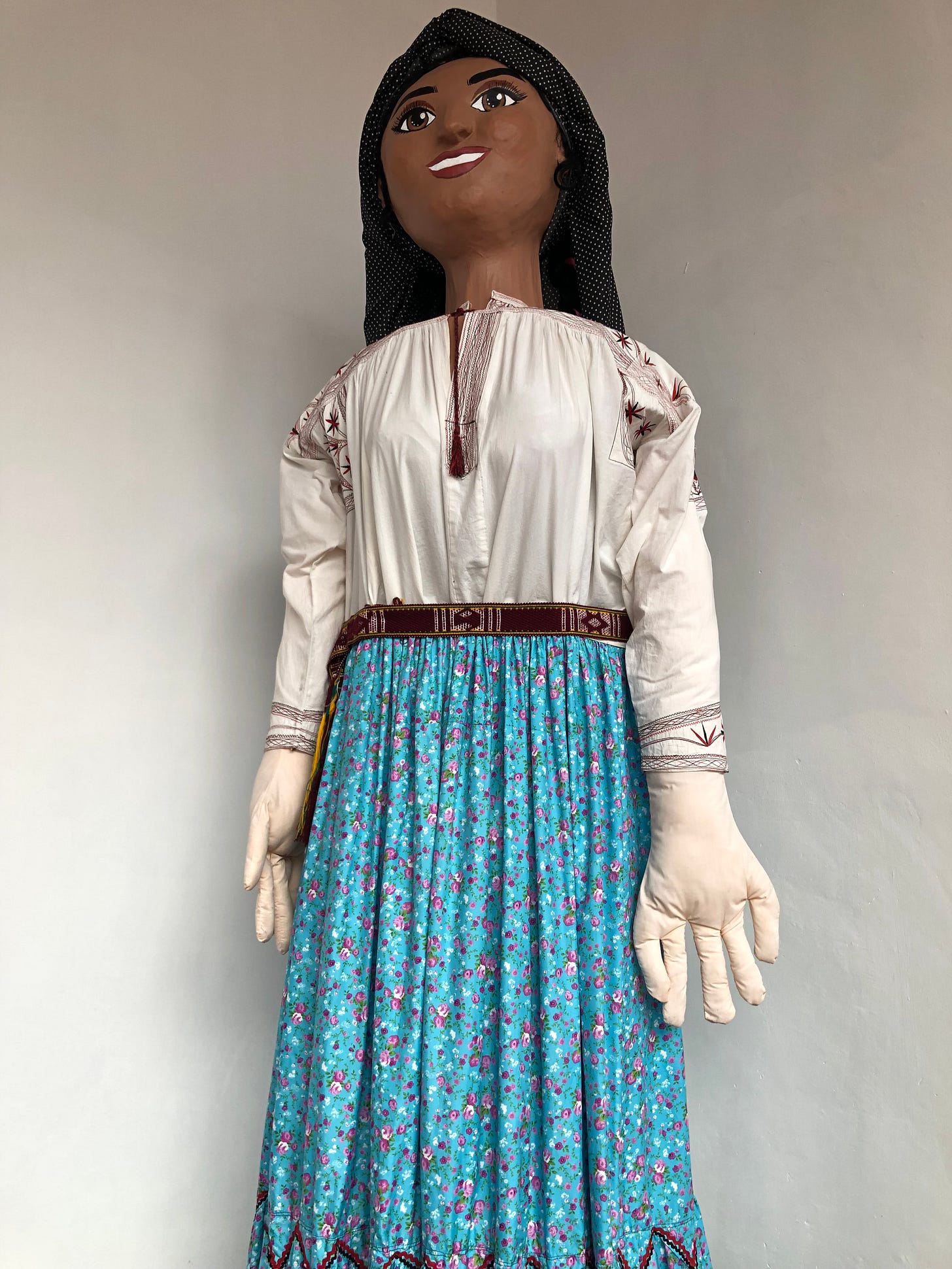It would be easier, this week, wrote Rabba Illa Sha’ashua-Meiron in a special edition of the online Israeli feminist literary magazine gluya.org, to talk about Yaakov meeting his brother Esav or Yaakov fighting with the angel and getting a new name. But instead it is hard to ignore what happened to Dina. If we did not discuss her story we would surely be complicit with the silence that surrounds so many instances of sexual violence. So as difficult as it is, we will talk about the rape of Dina and raise up her voice because the Torah and most of our traditional commentators do not. Yoram Galili, in that issue, wrote that our instinct might be to not talk about Dina out of modesty or sensitivity to some in our communities, but that hesitancy is misplaced because the story is in the Torah and we read it aloud in our synagogues.
The text is brief. Dina leaves home to find some local companions. She is noticed by Shechem, the son of the local chieftain. He takes her and he rapes her. Rashi adds that he did the act in an “unusual manner” but Ibn Ezra says that any force is unnatural. Shechem decides he wants to marry her and sends word through his father to Yaakov about what happened. Yaakov is silent until his sons come home at the end of the day. But we don’t get to hear what he says. Was he in shock? Did she scream? Two of Yaakov’s sons, Shimon and Levi take the matter in hand but immediately move the focus away from Dina and to their desire to purify the family. They do this by first asking Shechem and his people to circumcise themselves, thus harming themselves at the source of the violence. Then they murdered the entire male population of the town, thereby extending the trauma to more people. Finally in a pasuk that mirrors the beginning of the story, they take Dina and leave.
In all of this, Dina is silent and we never hear of her again in the Torah. We have to reclaim the story for her. We know that trauma victims heal better when they can tell their story and reclaim their narrative. But what was Dina’s story? We don’t know. What happened when Leah, her mother, heard what happened? Ruthi Netzer Bidatz imagines that when she came home Leah, Rachel, Bilha, and Zilpa gathered together in Leah’s tent to bathe Dina and hold her until Dina was ready to tell the story as many times as she needed. Perhaps Yaakov’s silence reflected concern for her and he came to witness her pain as well. Maybe we don’t hear from Dina again because the trauma is too great and she just cannot regain her power of speech.
Rabba Illa Sha’ashua-Meiron has a different perspective. She noticed that Yaakov had been away from home for twenty years, never relaxing. After his confrontation with Esav he could finally relax and begin to find a place to call home. Maybe Dina too wanted to feel like she belonged so she went out to find some friends. Maybe she met Shechem and fell in love, imagining a home of her own as Anita Diamont in her book The Red Tent, imagines. Maybe things went farther and faster than she expected, but she loved him. Then her brothers came and without asking her, took Dina and ruptured her dreams of happiness. Maybe Dina stopped speaking in disappointment.
Whichever reading you choose there is silence written into this story. But I will leave you with a Midrash that brings me some comfort. Pirkei D’rebbi Eliezer 37 tells us that when Yosef came to marry in Egypt, his wife given to him was Osnat, the imagined daughter of Dina and Shechem. Yosef too was the victim of sexual assault by Potiphar’s wife. Perhaps they could talk to each other with ease and comfort each other.
Shabbat Shalom with love,
Rabba Claudia



